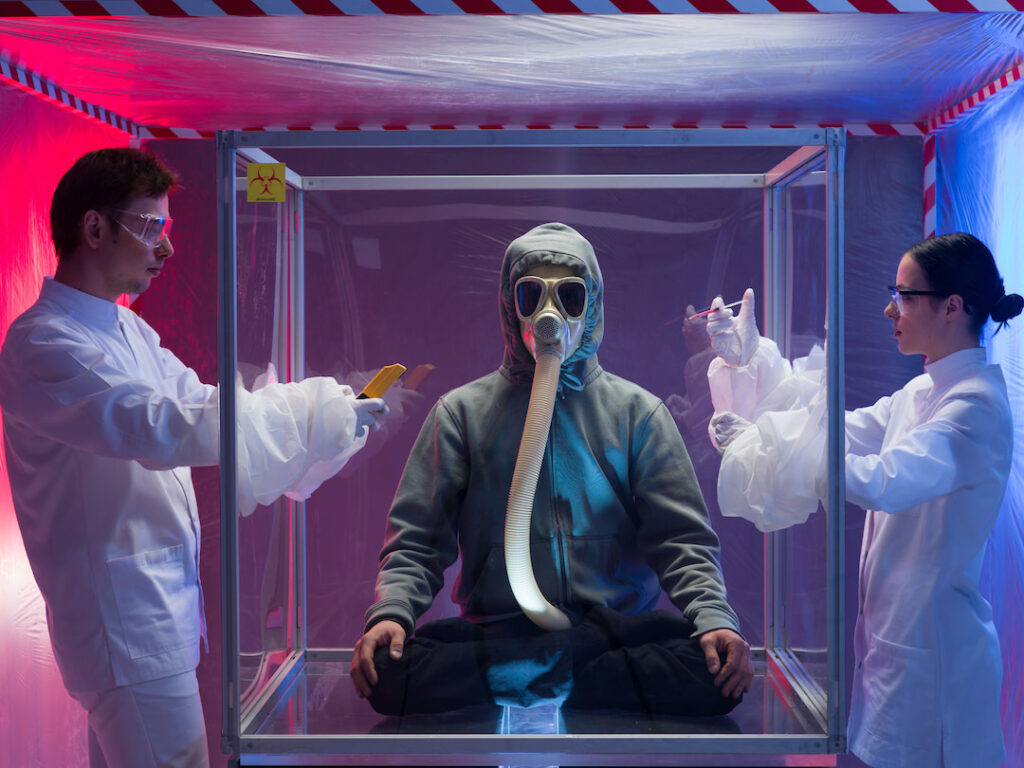How Long Does Shingles Last? Symptoms and What to Expect
Maybe you have been asking yourself, how long does shingles last? The answer to that question will depend upon a variety of factors.
For instance, the strength of the immune system and other aspects of an individual’s health can play a role in the severity of symptoms and the duration that they last. Other factors include the route of infection, the age of the person infected, and the type of symptoms experienced and their likelihood of recurrence. All of these factors are necessary for a proper diagnosis and a correct prognosis.
What Are the First Signs of Shingles?
Generally, the first breakouts will be apparent within two days of exposure to the virus. They usually cause pain, redness and itching before they subside. However, some people experience symptoms longer than others. Of those who have recurring outbreaks, the average duration is three weeks.
The most common symptoms associated with shingles include painful blisters that are either hot or cold. More than half of those who have been diagnosed with shingles will experience both of these. The blisters will be extremely itchy and can lead to a fever. In addition to the itchy feeling, you may also experience nausea or dizziness. So, as you can see, the answer to the question “How long does shingles last?” depends on many factors, including the virus and your lifestyle.
If you do not have clear symptoms at the onset of the breakout, then it is possible that the virus may not have fully manifested yet. As the virus becomes more readily available in the body, the symptoms will start to become more pronounced as the weeks go by. This is one way of determining how long does shingles last based on the infection types identified.
It will help to have a complete picture of what is going on with your body so that you can figure out how long does shingles last based on the virus’ activity. This way, you can better prepare for the inevitable. When the virus remains inactive or latent in your body, it will typically only cause minor discomfort. Mild to moderate rashes are common. In rare instances, the rash can turn into blisters or ulcers.
Are There Tests to Diagnose Shingles?
There is no single test to determine shingles, but there are certain symptoms you can look for. Shingles can vary in appearance and in the length of time it takes to develop.
How Long Does the Shingles Virus Remain on Your Body?
There is also a possibility of developing secondary infections after an initial bout with the virus. These secondary infections can come about if you are not able to treat the original virus. The virus remains dormant in your body and can be reactivated at any point in time. You will then start to experience symptoms. The question then becomes how long does shingles last?
Shingles is considered to be a non-curable condition. However, there are relief measures to ease its pain. When the virus stays inactive or in remission, it will continue to produce symptoms. As such, the question remains as to how long does the infection remain in your body?
The answer to this question largely depends on how severe your case of shingles is. If you have a very light case, the duration of time will be very short. In other words, you will have an infection go away in just a few days to a week. On the other hand, if your case is more severe, the virus will remain in your system for a much longer period of time. It can, in some cases, remain dormant for up to a year.
What Other Factors Affect Your Susceptibility to Shingles?
When asking yourself, “How long does shingles last?” you must also consider your personal lifestyle. Are you able to limit your contact with people who are highly contagious? If so, you will not have a case of shingles that lasts a very long time. In addition, your immune system will be better able to fight off the virus.
On a side note, it is possible to contract shingles even after being vaccinated. This is known as secondary shingles. It is possible for the virus to come back months or years later after contracting shingles. Therefore, when looking at how long does shingles last, it is important to remember that the virus may not be in your body for a long time.
How long does shingles last? Depends on your lifestyle. The virus stays in your nervous system for a long time, therefore you will experience symptoms for a long time. However, if you live a healthy lifestyle and limit your exposure to the unhealthful elements, the infection should not return.
